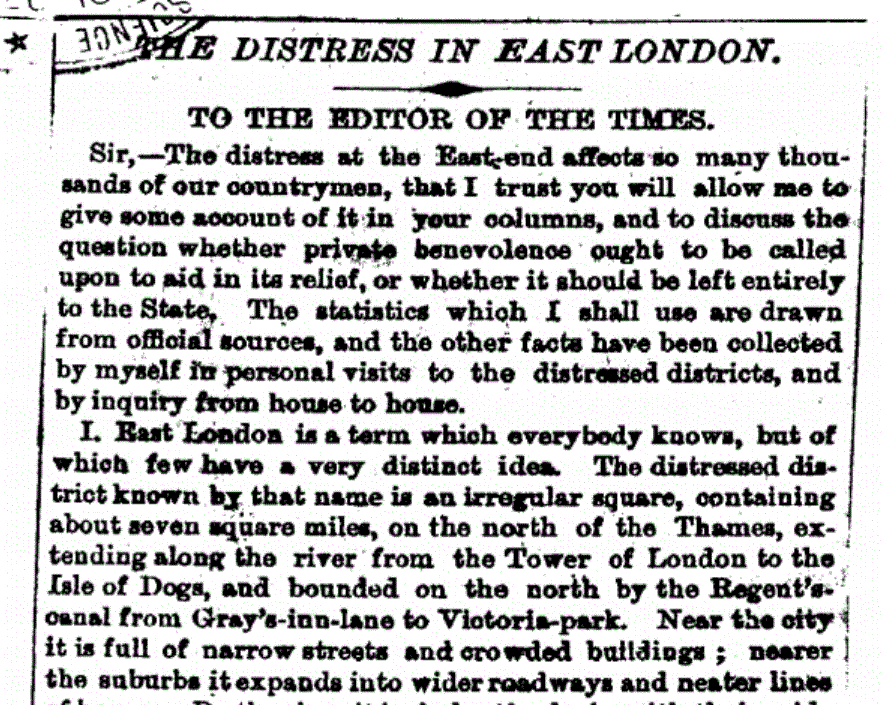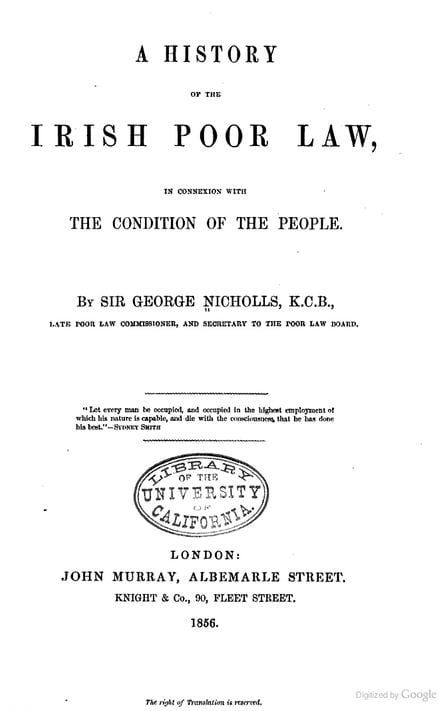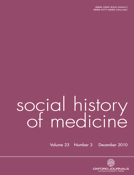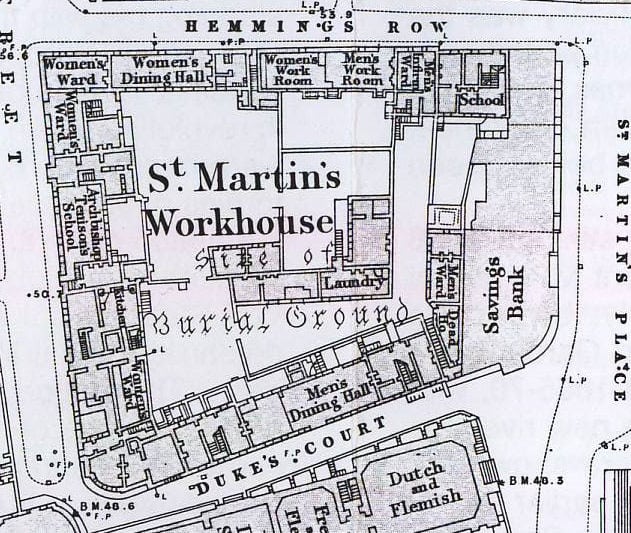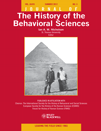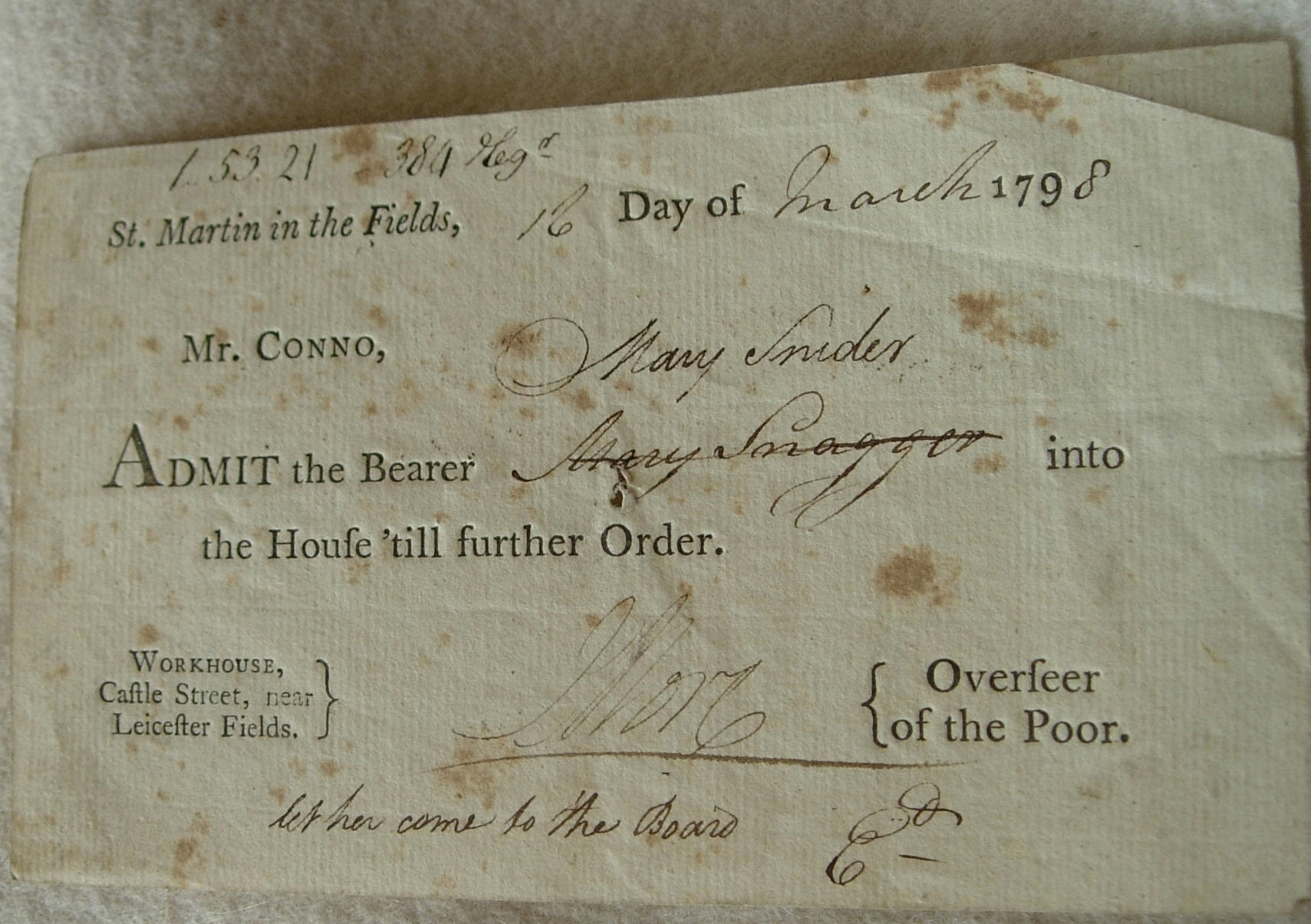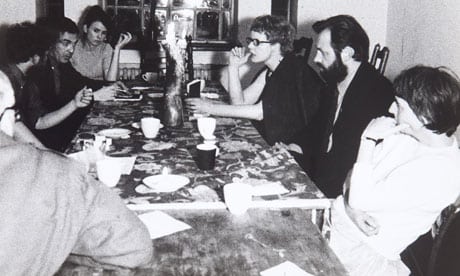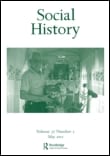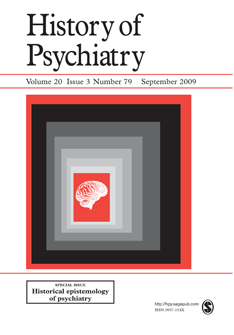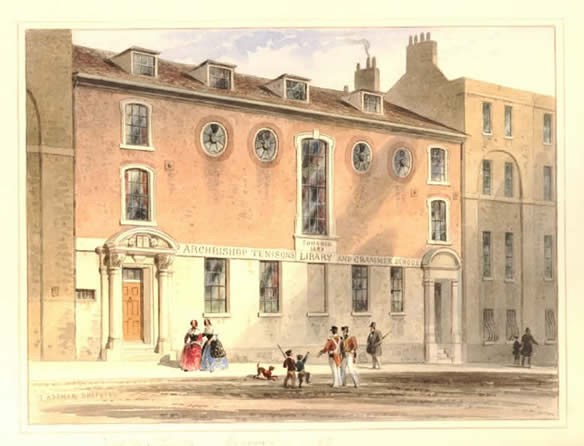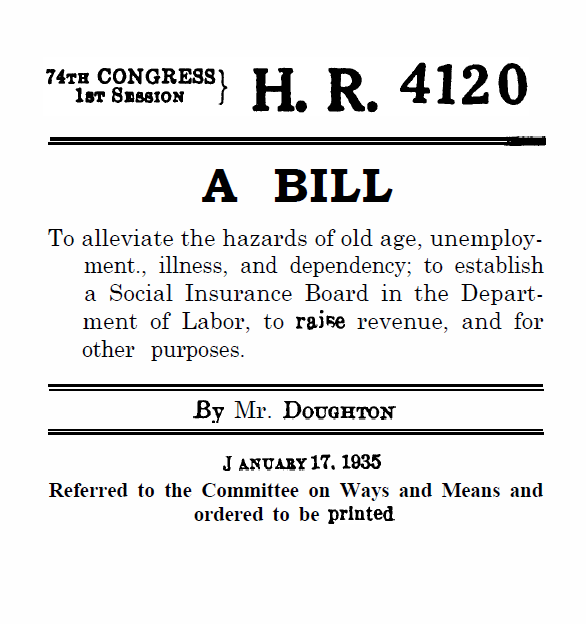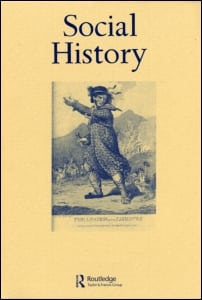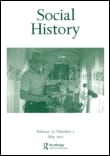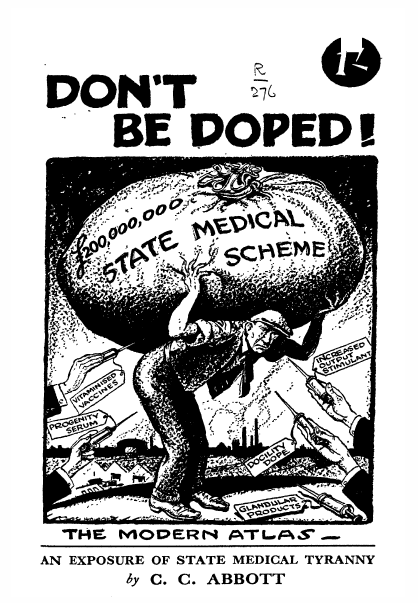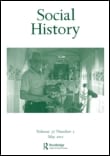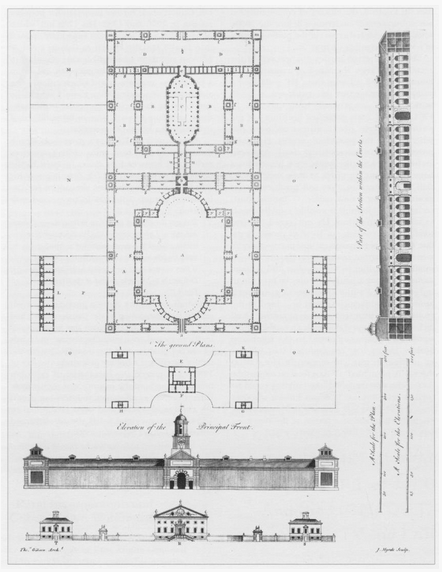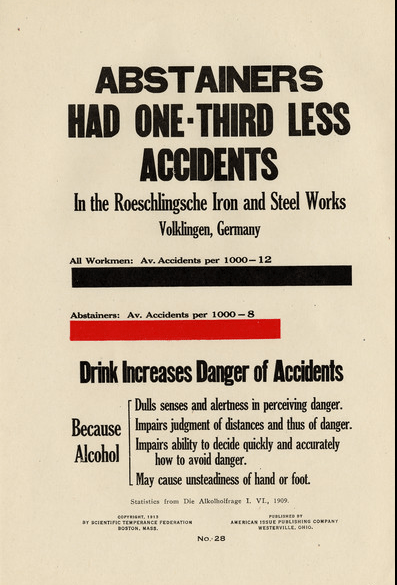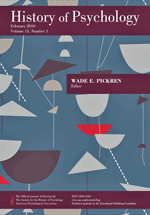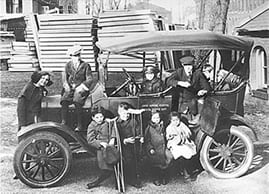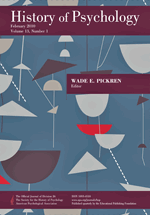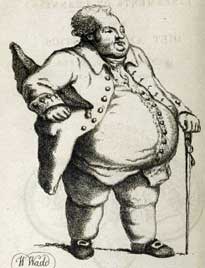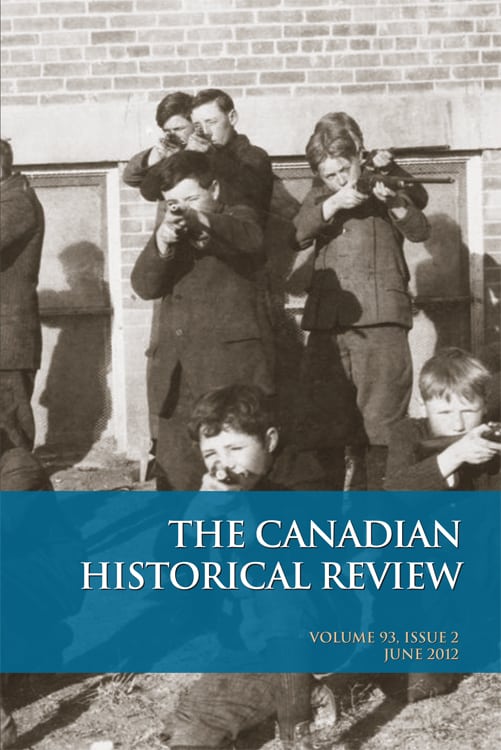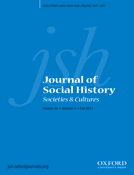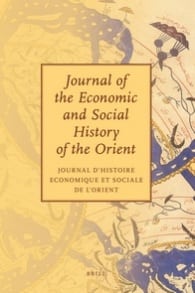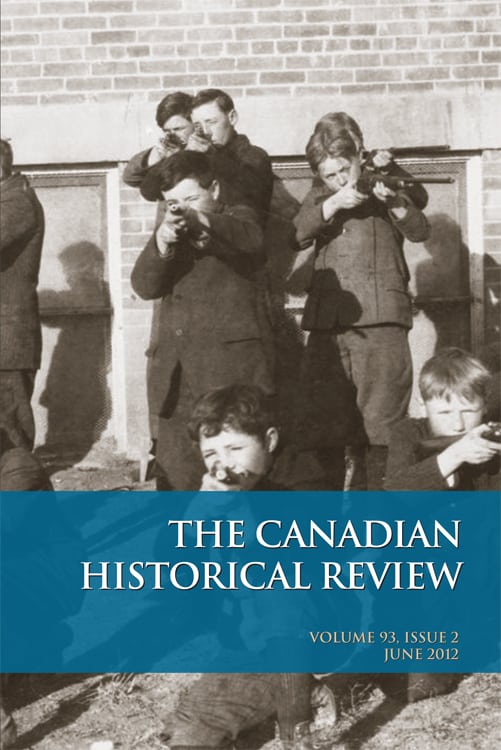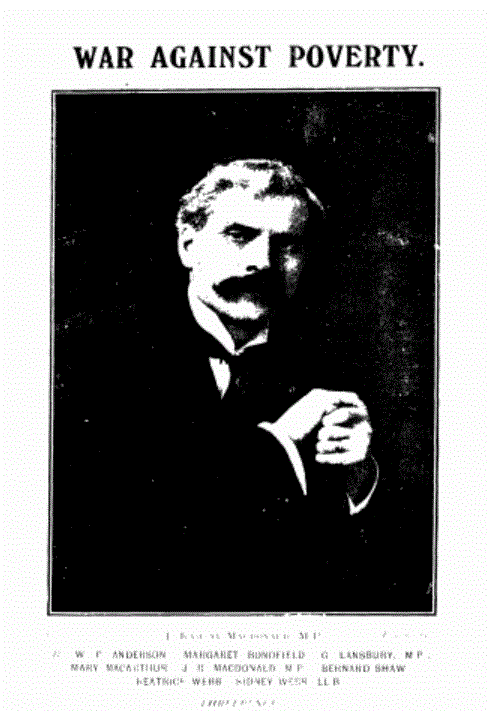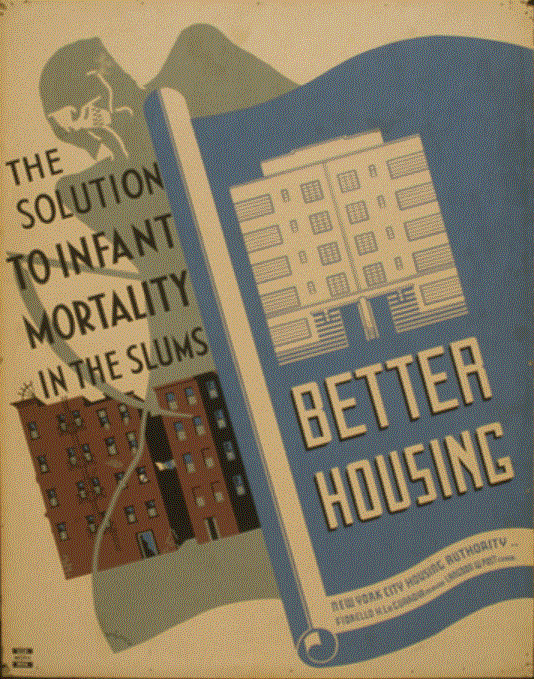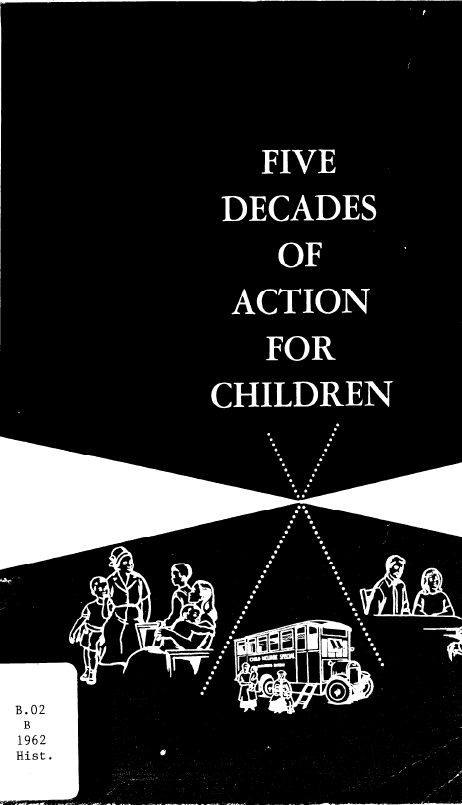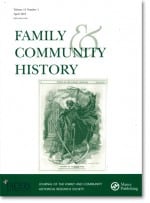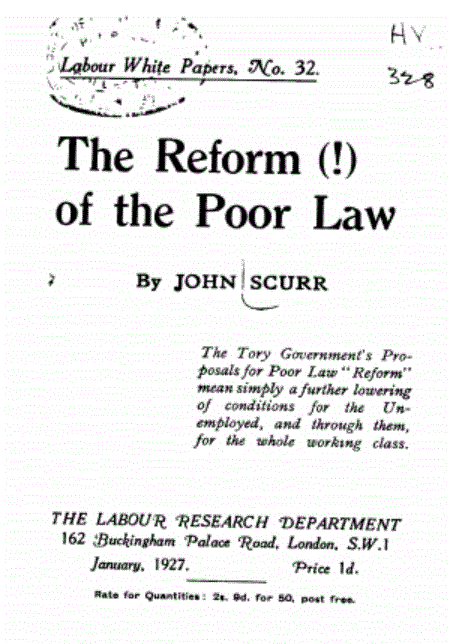Remarkably little has been written about the history of traffic accidents—a strange omission since, as numerous commentators have pointed out, many more people died in the twentieth century as a result of road crashes than combined fatalities, military and civilian, during two world wars.
Distress in East London (1867)
A history of the Irish poor law: in connexion with the condition of the people (1856)
The Construction of Shell Shock in New Zealand, 1919-1939: A Reassessment
This article explores the competing constructions of shell shock in New Zealand during and after the Great War. It begins by considering the army’s construction of shell shock as a discipline problem, before going on to consider the medical profession’s attempts to place it within a somatic and then psychogenic paradigm. While shell shock was initially viewed as a psychogenic condition in New Zealand, within a few years of the end of the war it had become increasingly subject to medical understandings of the psychiatric profession, who dominated the treatment of the mentally ill.
Japanese American Wartime Experience, Tamotsu Shibutani and Methodological Innovation, 1942–1978
St Martin’s Workhouse (1871)
The Death of the Sick Role
Before and After 9-11-01
Paternal authority and patrilineal power: stem family arrangements in peasant communities and eighteenth-century Tyrolean marriage contracts
In historical research, stem family arrangements are regarded as a classic context for the exertion of paternal power and authority. Inheritance practice has hitherto been considered a crucial basis for stem family households, but this paper emphasizes the significance of marital property law, as an instrument for further reinforcing paternal authority by means of patrilineal logics and the vertical orientation derived from these.
Diagnosing Empire: Women, Medical Knowledge, and Colonial Mobility
ANIMAL TALES: OBSERVATIONS OF THE EMOTIONS IN AMERICAN EXPERIMENTAL PSYCHOLOGY, 1890–1940
Pauper Lives in Georgian London
War’s Waste: Rehabilitation in World War I America
At the American Civil War’s end, President Andrew Johnson affirmed the federal government’s commitment to disabled veterans, intoning that ‘a grateful people will not hesitate to sanction any measures having for their relief of soldiers mutilated . . . in the effort to preserve our national existence’ (p. 2).
IN SEARCH OF THE KINGDOM: THE SOCIAL GOSPEL, SETTLEMENT SOCIOLOGY, AND THE SCIENCE OF REFORM IN AMERICA’S PROGRESSIVE ERA
Le Pays du Soleil: The Art of Heliotherapy on the Côte d’Azur
This interdisciplinary article explores the early history of heliotherapy (natural sunlight therapy) on the Côte d’Azur through its visual culture. It concentrates on images, and the texts within which they appear, of children undergoing heliotherapy dating to the First World War, as a way into examining the significance of the cure during a period of perceived national degeneration.
The residents of RD Laing’s Kingsley Hall
RD Laing, the radical psychiatrist opened a centre in London in 1965 that aimed to revolutionise the treatment of mental illness. Kingsley Hall soon became notorious for drugs, wild parties, therapy and mystics. Almost five decades on, photographer Dominic Harris has tracked down former residents, visited them, photographed them and interviewed them. The result is a self-published photography book, The Residents, which includes Harris’s intimate portraits, as well as personal testimonies of those who were there.
Kingsley Hall: RD Laing’s experiment in anti-psychiatry
Rethinking sexual modernity in twentieth-century Germany
Automatism, Surrealism and the making of French psychopathology: the case of Pierre Janet
The Demographics of Empire: the Colonial Order and the Creation of Knowledge. Edited by Karl Ittmann, Dennis D. Cordell, and Gregory H. Maddox (Athens, OH: Ohio University Press, 2010. ix plus 292 pp. $64.95, hardcover)
In The Demographics of Empire, Dennis Cordell suggests that postmodern and postcolonial theories have led the study of African historical demography, on decline in the 1990s, into a period of renaissance. He argues that scholars are “responding to and profiting from the challenges presented by these theoretical perspectives” that have cast doubt on demographic studies of the African past.
St Martin’s Workhouse
Efficacy and Enlightenment: LSD Psychotherapy and the Drug Amendments of 1962
President Roosevelt’s Economic Security Bill
When President Roosevelt submitted his Social Security proposal to Congress in January 1935, he also transmitted draft legislation, entitled the Economic Security Bill. The Administration’s bill was introduced in the House by Congressmen Doughton and Lewis and in the Senate by Senator Wagner. This draft bill was the starting point for the legislative consideration of Social Security in 1935.
Of sentiment, science and myth: shifting metaphors of racial inclusion in twentieth-century Brazil
English pauper lunatics in the era of the old poor law
The Allure of Labor: Workers, Race, and the Making of the Peruvian State
Don’t be doped: An exposure of the state medical scheme
Freemasonry and psychiatry in Poland
The Greek Civil War and child migration to Australia: Aileen Fitzpatrick and the Australian Council of International Social Service
Extreme fasting among Daoist priestesses of the Tang Dynasty: an old Chinese variant of anorexia nervosa?
Assaults decrease more than one-fourth during prohibition
London Lives: Workhouses
Abstainers had one-third less accidents
Carney Landis and the psychosexual landscape of touch in mid-20th-century America.
In the last quarter of the 1930s, Carney Landis, an associate professor of psychology at Columbia University affiliated with the Psychiatric Institute of New York, headed a Committee for Research in Problems of Sex-funded research project in which he conducted interviews with 100 women between the ages of 18 and 35 who self-identified as physically disabled.
Social Work History at Johns Hopkins Hospital
Beyond Kinsey: The committee for research on problems of sex and American psychology.
Diets and Dieting: A History of Weight Loss in America
The Settlement Heritage
By Albert J. Kennedy
(from a speech Mr. Kennedy made in 1953 for the National Conference of Social Work. Mr. Kennedy was born in 1879 and was a chronicler of the settlement movement in the United States for which he compiled the 1911 Handbook of Settlements. He died in 1968 at the age of 89.)
Cognitive Bias: Interracial Homicide in New Orleans, 1921–1945
Draft Resisters, Left Nationalism, and the Politics of Anti-Imperialism
Sex Before the Sexual Revolution: Intimate Life in England 1918-1963. By Simon Szreter and Kate Fisher
Prostitution, Islamic Law and Ottoman Societies
‘Every boy ought to learn to shoot and to obey orders’: Guns, Boys, and the Law in English Canada from the late Nineteenth Century to the Great War
War against poverty
Better housing: The solution to infant mortality in the slums (1936)
“Hack, Pack, Sack”: Occupational Structure, Status, and Mobility of Jews in Amsterdam 1851–1941
Until the start of the twentieth century, the occupational structure of Jews in Amsterdam can be described as an ethnic-enclave economy, heavily concentrated in the trading and diamond industries. By 1941, however, Jews had taken advantage of other occupational opportunities, increasing their presence significantly within the new middle class that had begun to emerge during the Industrial Revolution.

